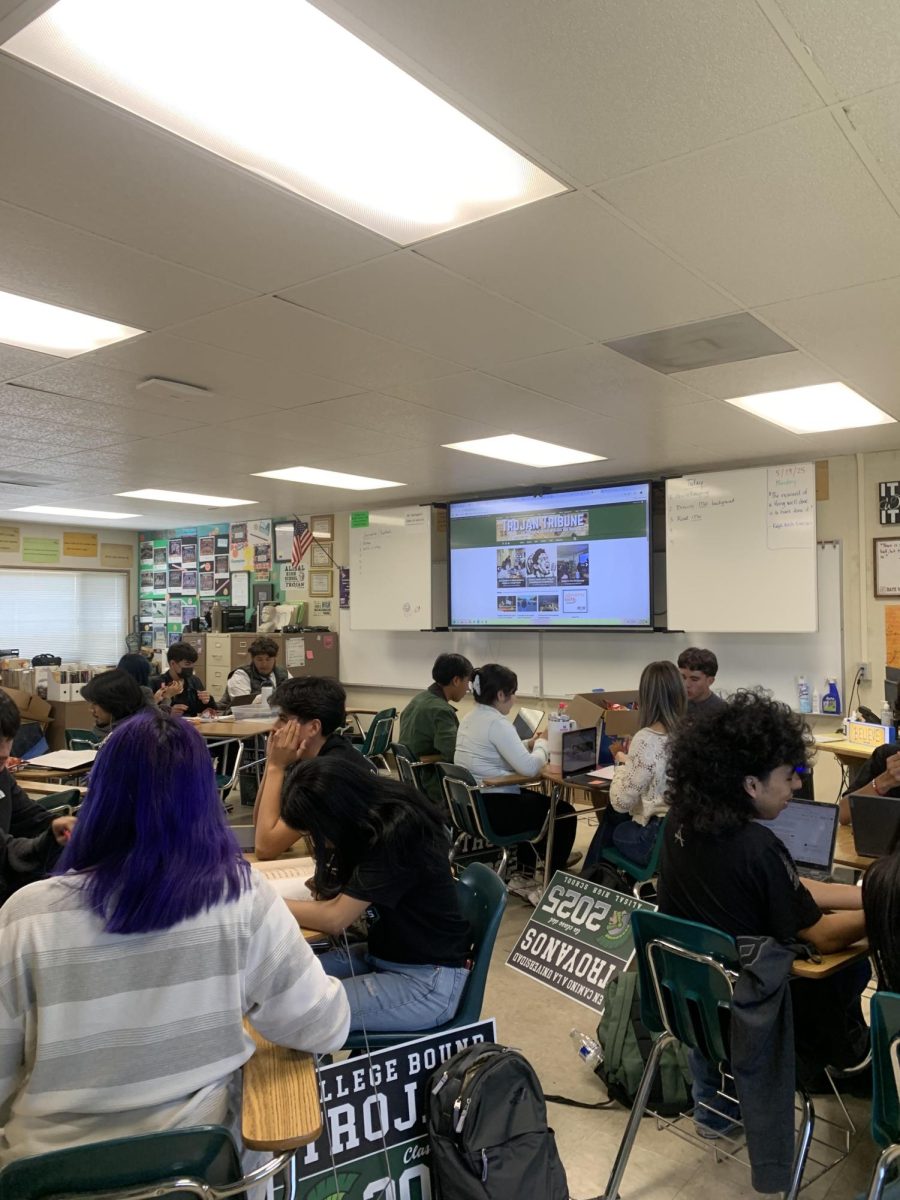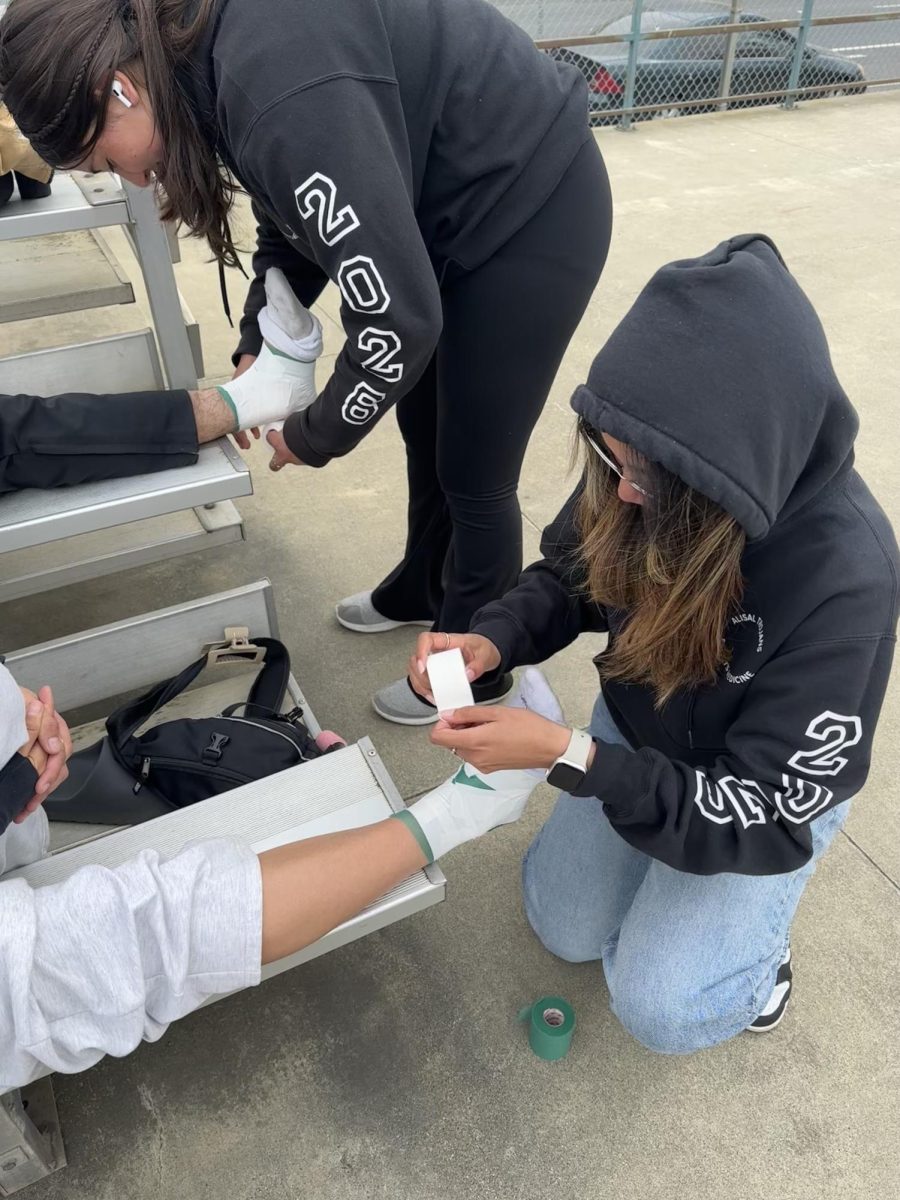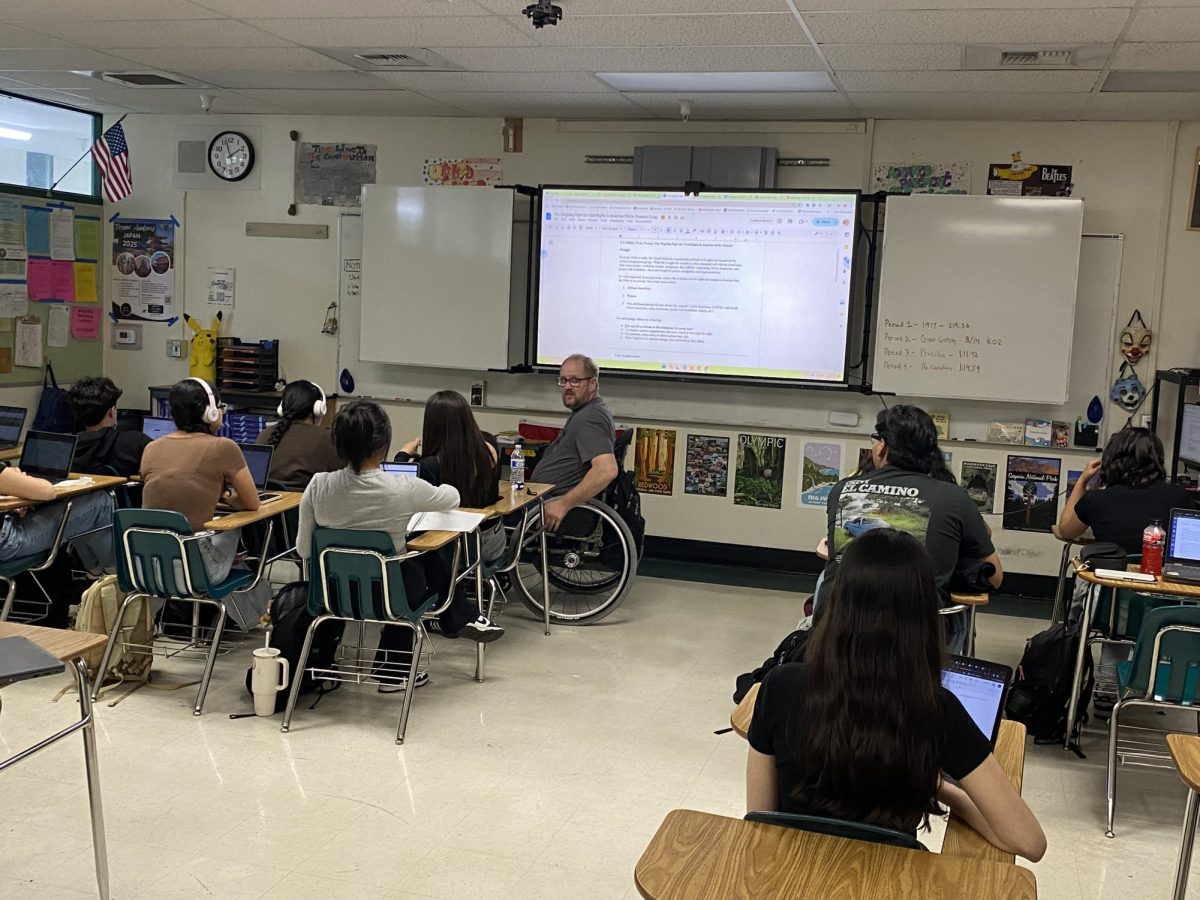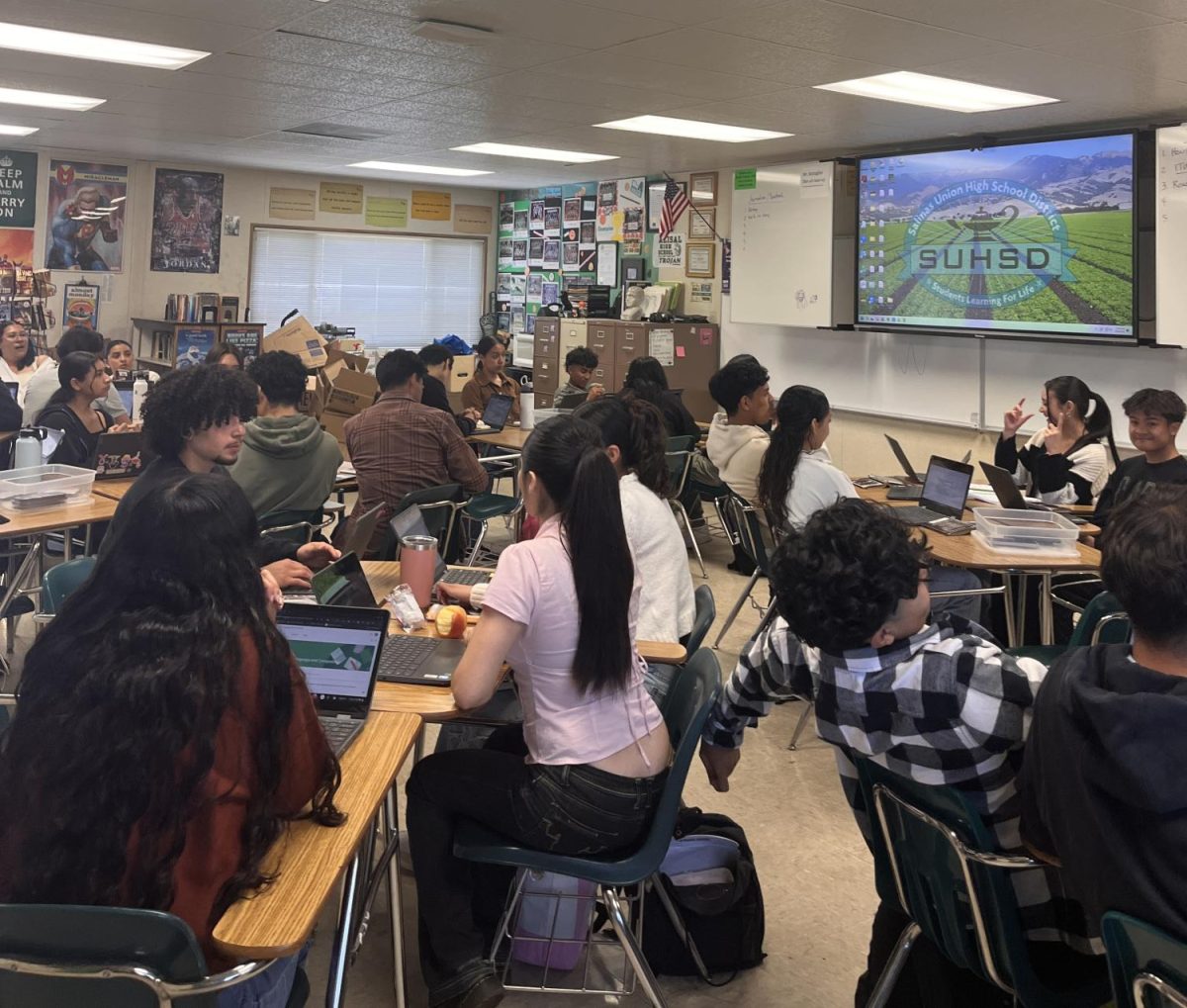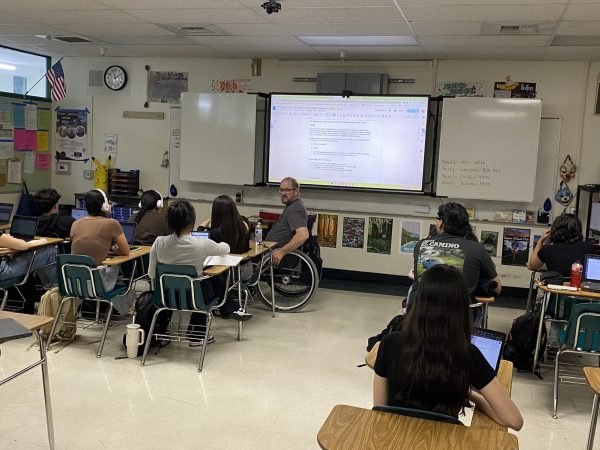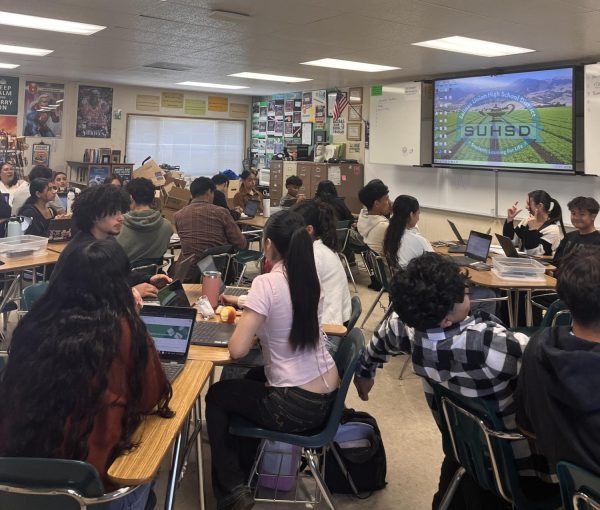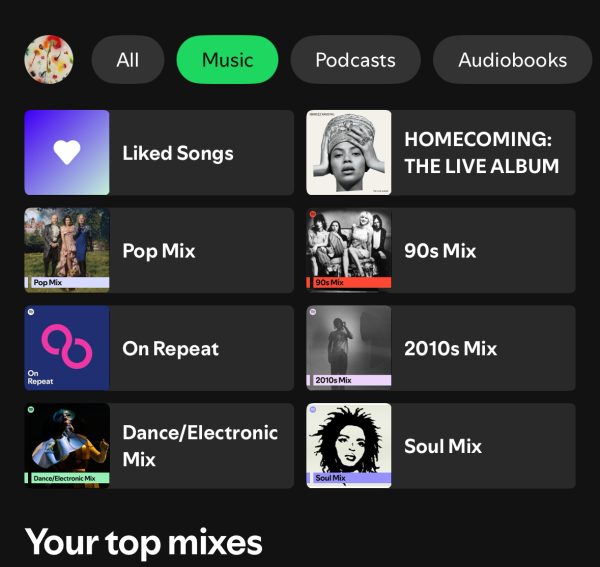Don’t know much about history? That’s how some politicians want it.
The politicization of education has been a subject of conversation in recent years. With political parties becoming more radical, it seems that not even schools are safe from various political agendas that are trying to be promoted.
This discussion has come about after legislation was passed from various states that have banned the teaching of certain topics in public schools. These include topics such as, but not limited to, Critical Race Theory (CRT), which states like Florida and their Governor Ron DeSantis, have banned due to their belief “in education, not indoctrination.” Other states such as Texas have followed similarly as well with the banning of certain fact-based discussions of African-American enslavement and treatment. Of course, very few schools were teaching CRT in the first place, and this statement vastly overblows the impact that it has had on classrooms. Combine this with plenty of conservative parents wanting to check if childrens’ books contradict their own religious texts, and we end up with an education that is continuing to deteriorate as a result.
In most cases, this hypervigilance has done a lot more damage towards the education of students and their awareness of minority issues. The 1619 project, a series of essays written by Nikole Hannah-Jones and various other African-American scholars, details the foundation of slavery and its crucial importance to the foundation of America. Now, where the number 1619 originates from is also of importance, as it marks the year that the first Africans were brought across the middle passage to be enslaved. Unfortunately, most Americans seem to not be aware of such a fact. Indeed, even in my AP United States History class, in my liberal home state of California, I hardly remember that date being looked at in significant depth when compared to various pieces of paper that old men signed 250 years ago. This brings us back to the main point that history is vastly overrepresenting one side and that by introducing all of these nonsensical bills based on impulsive emotion, we continue to worsen our own education and empathy towards struggles that todays’ minority groups face.
The mention of AP classes is also important, with most discussion of race and ethnicity shaping our institutions throughout history being removed, this has prompted controversy this year, specifically with The College Board and the AP African American Studies course.
The College Board this school year began the piloting of a course that seeks to offer a deep insight into the history and culture of African-Americans in the United States. Indeed, the development of AP African American Studies across schools nationwide has been celebrated as a major advancement by many, covering history as far back as ancient African-American society to contributions and movements that modern-day African-American communities have given and gone through.
In January/February however, the College Board received scrutiny from both the Florida Department of Education and DeSantis for the introduction of the AP African American Studies course and its topics. According to the administration, the topics that the course covers go against the CRT ban in Florida and they concluded that it “lacks educational value.” In their statement, they cite the College Board’s coverage of topics such as queer studies, the reparations movement, and even intersectionality – the idea that various factors like race and gender can ‘intersect’ and worsen oppression and discrimination to groups such as those who identify as female and as people of color – as being inappropriate topics supporting their conclusion.
Now, of course these beliefs are based on nothing but pure fear-mongering and often sheer fabrication. Learning about queer theory for one week is not going to result in a mass exodus of people from closets, nor is it wrong to teach the fact that female people of color have faced some of the worst oppression out of all groups of people in our country. It is simply shocking to see that the teaching of facts is now being banned and that by doing this, they are ironically promoting their own propaganda and indoctrination by raising an ignorant and apathetic generation.
Although misinformation was initially spread by Florida, declaring that the College Board yielded to the FDOE’s requests, the College Board sent out a statement on February 11th, 2023, clarifying that its “commitment to AP African American Studies is unwavering.” In its statement, the College Board mentioned that they attempted to meet with the FDOE back in September to discuss the concerns with the course mentioned previously, but had ultimately never received a response nor any meaningful feedback. In January, the FDOE sent another letter with “inflated rhetoric” making that exact statement of the course lacking “educational value.” Needless to say, they provided no actual reasoning for that statement which essentially served as bonus political points for DeSantis. Fortunately, the College Board later clarified in its statement that the removal of certain topics like intersectionality was never asked of them, and that “most of [them] remain in the official framework.”
While the College Board was able to secure a victory in their stance against Florida, there is still ultimately a loser in this situation, that being the students of Florida, especially those who belong to marginalized groups and take AP classes. Even though the College Board claimed the modification of its curriculum was in no way connected to the controversy in Florida, many critics and scholars are arguing for the original curriculum to be returned for a true and comprehensive understanding of African-American history. Additionally, DeSantis has thought about doing away with AP courses altogether in the state. “[The College Board has] provided these AP courses for a long time. But, you know, there are probably some other vendors who may be able to do that job as good, or maybe even a lot better,” he said.
And so the College Board and Florida students find themselves in a difficult situation even today. Clearly the intertwining of politics and education has done no good, but at this point, it does not matter to politicians as unyielding as DeSantis.
At this point, the United States is at a pivotal point in its history when it comes to radical politics spreading into everyday people’s lives. Minorities’ voices are being silenced and students across the nation are facing an uphill battle against censorship with books that even slightly contradict the Bible being removed. And it will not stop just there. This tirade against education will continue until these state governors are able to secure a new generation of voters. They will sacrifice whatever it takes to win that extra tenth of a percent of the vote, and if it means investing in a world in which access to all outside information is banned to the masses, then by all means, they might just make that dystopian future come true.
Your donation will support the student journalists of Alisal High School. Your contribution will allow us to purchase equipment and cover our annual website hosting costs.




